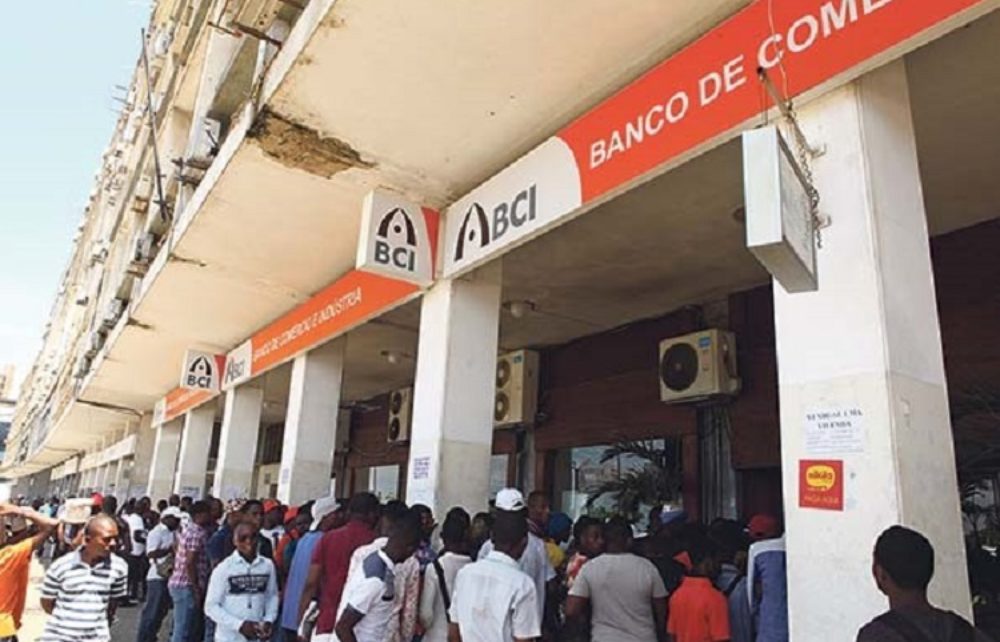Banks in Angola face a challenging business environment, but continue to show some resiliency in terms of solvency levels, according to an analysis by Eaglestone Securities.
Real GDP saw a sharp contraction of -5.2% (vs. -0.6% in 2019), as activity in both the oil and non-oil sectors declined in the period. “The pandemic affected negatively household income, unemployment and public accounts, hindering consumption, production and investment levels. This ledthe BNA to implement several measures to protect, mitigate and reduce the risks ofexposure of domestic banks and their activities to these negative impacts, the Lisbon based consultancy says in the new report.
“Angolan banks continue to face a challenging economic and business environment. In 2020, this was aggravated by the countless challenges brought by the impact from the Covid-19 pandemic”, it adds.
Angola´s Economy to Stabilize After 5 Years of Recession – Eaglestone
According to bank 2020 financial reports, total assets of the Angolan banking sector reached AKZ 16,822 billion (or USD 34.8 billion) in 2020, an increase of 19.3% YoY and maintaining the upward trend seen in recent years.
“The sector kept a low-risk appetite, preferring to continue to finance the public sector through the investment in treasury instruments instead of increasing more significantly the amount of loans to the economy. Nevertheless, total customer loans saw a double-digit recovery following several consecutive years of declines”, Eaglestone underlines.
On the other hand, it adds “the deceleration in private consumption associated with the restrictions imposed to prevent the spread of Covid-19 led to healthy increase in customer\ deposits (both from individuals and companies)”. This meant that the loans-to-deposits ratio declined further, reaching a rather low 23.4% (vs. 25.6% in 2019).
According to the consultancy, asset quality levels remained elevated and the need for domestic banks to continue to increase provisioning levels clearly intact.
The banking sector finished 2020 with net losses due (once again) to the impact from troubled State-owned lender BPC. Losses amounted to AKZ 165,927 million and compare with a net profit of AKZ 121,234 million in 2019. Excluding BPC, the sector would actually record a net profit of AKZ 358,996 million, which is 31.7% below the level of the previous year.
“Despite the drop in the combined net profit in 2020 and the subsequent reduction in regulatory capital, the Angolan banking sector continued to show some resiliency in terms of solvency levels”, Eaglestone says. According to the BNA, the solvency ratio stood at 19.7% in the period. This is lower than the 21.9% recorded in 2019, but still well above the regulatory requirement of 10%.




